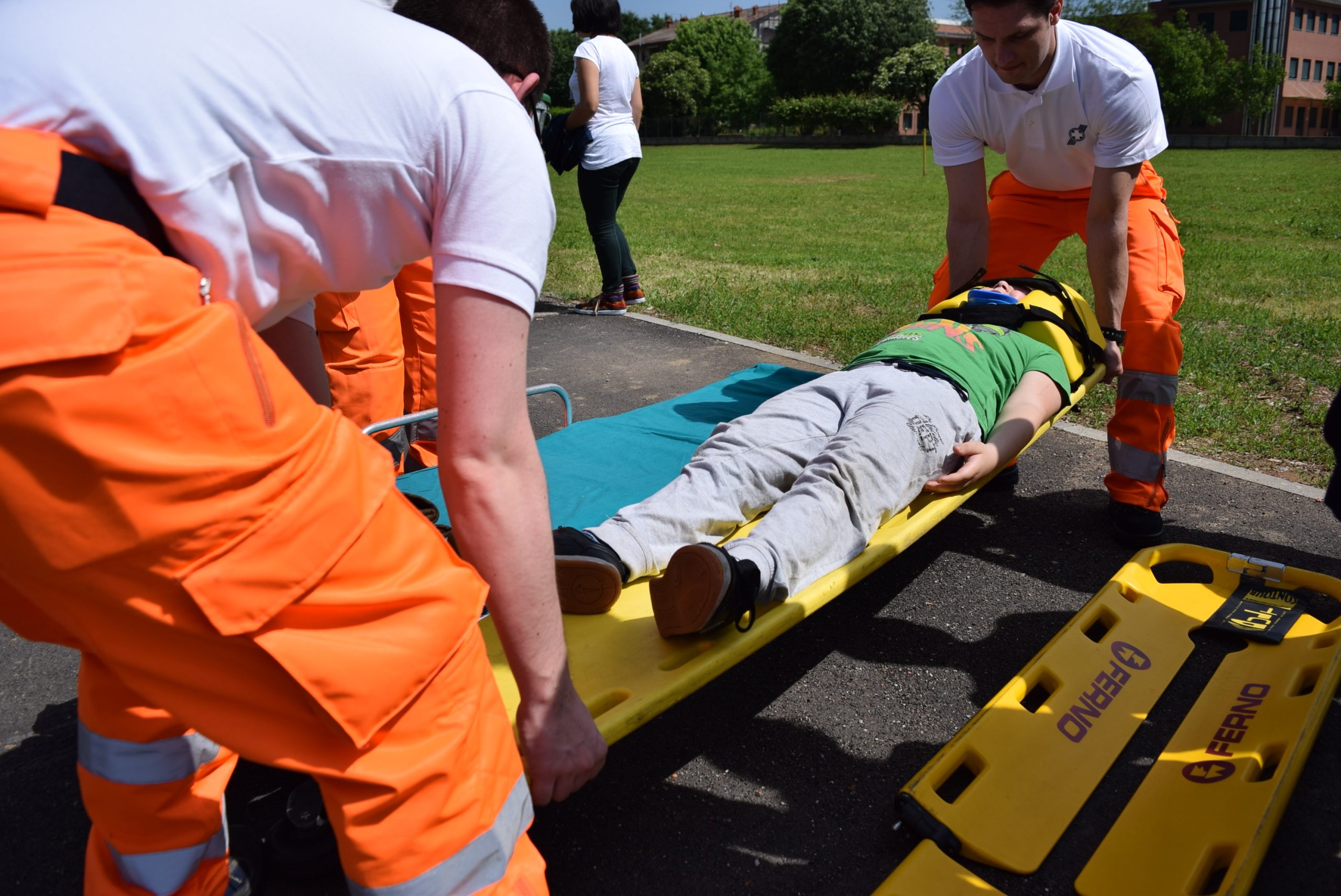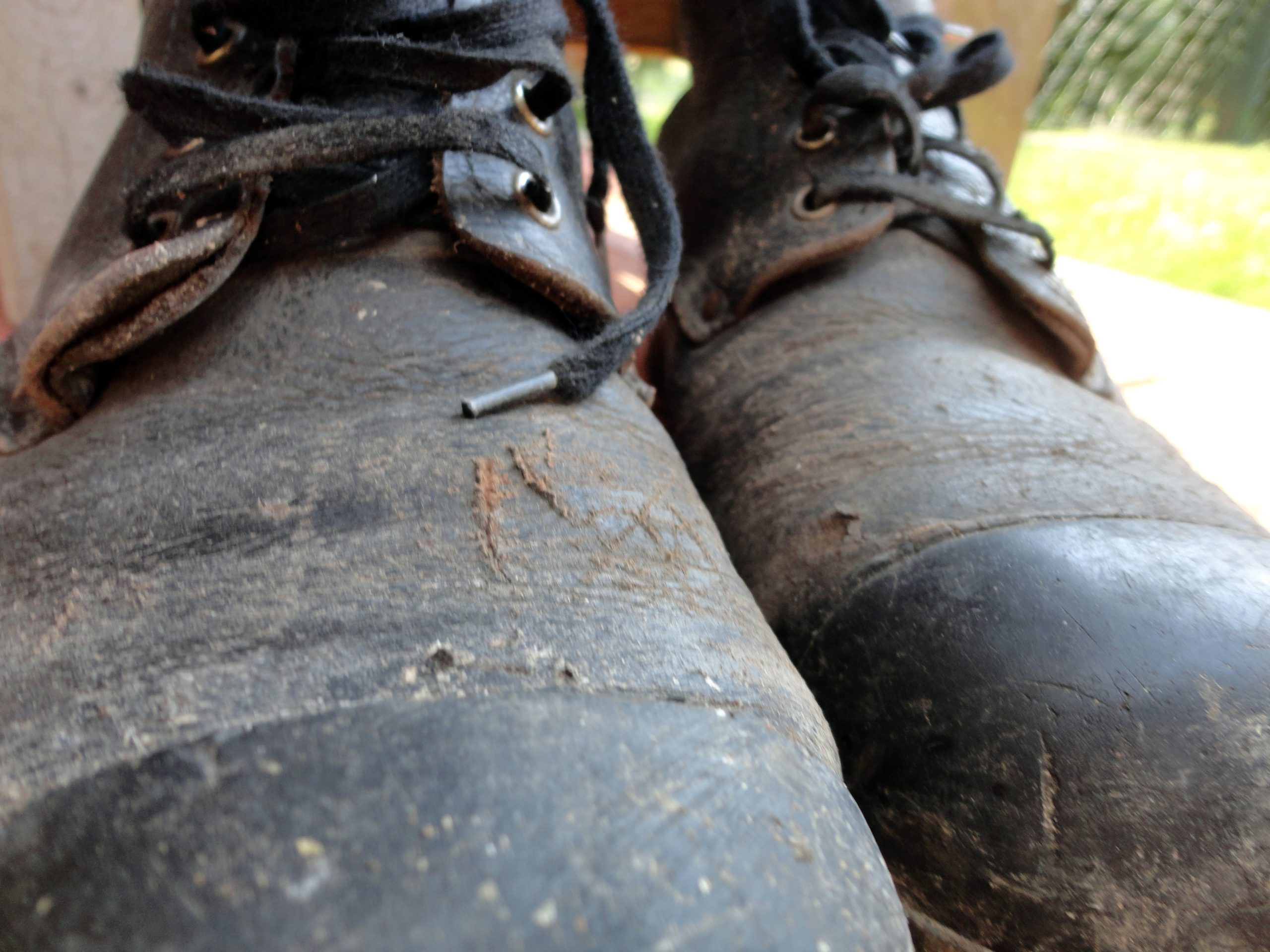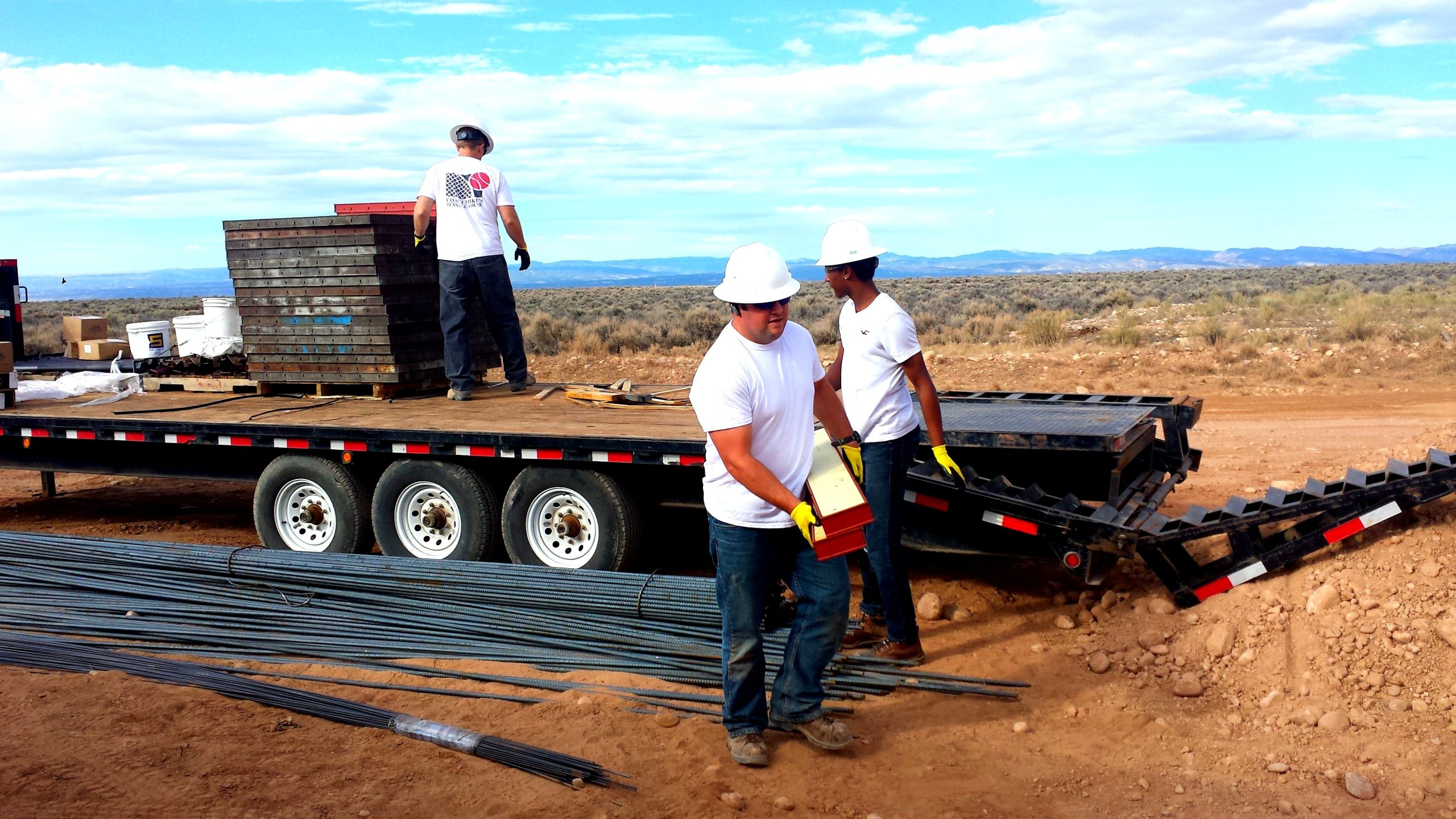 Employees are often exposed to stressful situations while at work, whether from unhelpful coworkers or understaffing. Under what circumstances are resulting mental injuries entitled to workers’ compensation?
Employees are often exposed to stressful situations while at work, whether from unhelpful coworkers or understaffing. Under what circumstances are resulting mental injuries entitled to workers’ compensation?
Diedre Emerson worked for Willis Knighton Medical Center as a certified nurse assistant on the cancer floor. One day, she arrived at work for her regular night shift. She found the prior shift had not completed a lot of their work, so she would have to do additional work. When she learned this, she became upset and mad. She said this was more of the same old behavior.
While working that day, she indicated that she felt something pop in her head but admitted nothing physically happened to cause the pop. After completing her shift, she went to the emergency room. The medical records from the visit did not show she complained about weakness on one side of her body or other neurological symptoms. Her primary complaint was hyperventilation and nervousness. Emerson was subsequently late in calling Willis Knighton to tell them she would not be able to work her shift. She was fired.
 Insurance Dispute Lawyer Blog
Insurance Dispute Lawyer Blog


 Medical testimony is an essential part of determining whether an injured worker has a valid claim. What happens if the doctors’ diagnoses conflict and they reach different conclusions about whether an injured worker can return to work?
Medical testimony is an essential part of determining whether an injured worker has a valid claim. What happens if the doctors’ diagnoses conflict and they reach different conclusions about whether an injured worker can return to work? It is always tragic when a loved one passes away, especially when there are children are involved. Death benefits are part of the workers’ compensation system intended to help the surviving family members when someone passes away as a result of an on-the-job accident. However, with the evolving definition of a family, there can sometimes be complicated legal issues about who is entitled to recover death benefits. This case involves a claim from a supposedly unmarried romantic partner who had a child with the worker who died in an accident at work.
It is always tragic when a loved one passes away, especially when there are children are involved. Death benefits are part of the workers’ compensation system intended to help the surviving family members when someone passes away as a result of an on-the-job accident. However, with the evolving definition of a family, there can sometimes be complicated legal issues about who is entitled to recover death benefits. This case involves a claim from a supposedly unmarried romantic partner who had a child with the worker who died in an accident at work.  While workers’ compensation is intended to compensate injured workers, there are a number of procedural requirements with which an injured worker must comply in order for his or her company to cover the medical treatments. This case illustrates the importance of complying with procedural requirements and submitting all required paperwork.
While workers’ compensation is intended to compensate injured workers, there are a number of procedural requirements with which an injured worker must comply in order for his or her company to cover the medical treatments. This case illustrates the importance of complying with procedural requirements and submitting all required paperwork. If you are injured on the job, it is best practice to inform your employer and supervisor about your injuries. They will likely inform you about possible workers’ compensation to which you might be entitled. Are you still eligible to receive workers’ compensation benefits if you tried to hide your injury from your employer?
If you are injured on the job, it is best practice to inform your employer and supervisor about your injuries. They will likely inform you about possible workers’ compensation to which you might be entitled. Are you still eligible to receive workers’ compensation benefits if you tried to hide your injury from your employer? Even while an inmate, you are still entitled to damages if you are injured on the job. If you are injured while working in a release program, are you entitled to compensation through the workers’ compensation scheme?
Even while an inmate, you are still entitled to damages if you are injured on the job. If you are injured while working in a release program, are you entitled to compensation through the workers’ compensation scheme?  The distinction between independent contractors and employees has always been something of a balancing test. This distinction becomes vital in workers’ compensation issues, where employees generally enjoy peace of mind with workers’ compensation in the event of an injury, whereas independent contractors usually do not. But are there some cases where an independent contractor can collect workers’ compensation benefits? The answer to this question is illustrated in the following appeal from the New Orleans Office of Workers’ Compensation.
The distinction between independent contractors and employees has always been something of a balancing test. This distinction becomes vital in workers’ compensation issues, where employees generally enjoy peace of mind with workers’ compensation in the event of an injury, whereas independent contractors usually do not. But are there some cases where an independent contractor can collect workers’ compensation benefits? The answer to this question is illustrated in the following appeal from the New Orleans Office of Workers’ Compensation. If you have been injured on the job, you might be entitled to workers’ compensation. In order to receive compensation, there are a number of procedural requirements with which you must comply.
If you have been injured on the job, you might be entitled to workers’ compensation. In order to receive compensation, there are a number of procedural requirements with which you must comply.  If you are injured on the job, one of your primary concerns is likely finding competent medical care. Under the Louisiana Workers’ Compensation Act, injured workers can select one physician of any specialty without their employer’s approval. What happens if your employer refuses to pay for your selected physician?
If you are injured on the job, one of your primary concerns is likely finding competent medical care. Under the Louisiana Workers’ Compensation Act, injured workers can select one physician of any specialty without their employer’s approval. What happens if your employer refuses to pay for your selected physician?  If you have experienced symptoms from working in a moldy work environment, you might think you are entitled to recover from your employer. However, navigating the Workers’ Compensation system can be challenging partly because of the distinct and often complicated vocabulary in the statutes. This case involves defining an occupational disease under the Louisiana Workers’ Compensation Act.
If you have experienced symptoms from working in a moldy work environment, you might think you are entitled to recover from your employer. However, navigating the Workers’ Compensation system can be challenging partly because of the distinct and often complicated vocabulary in the statutes. This case involves defining an occupational disease under the Louisiana Workers’ Compensation Act.